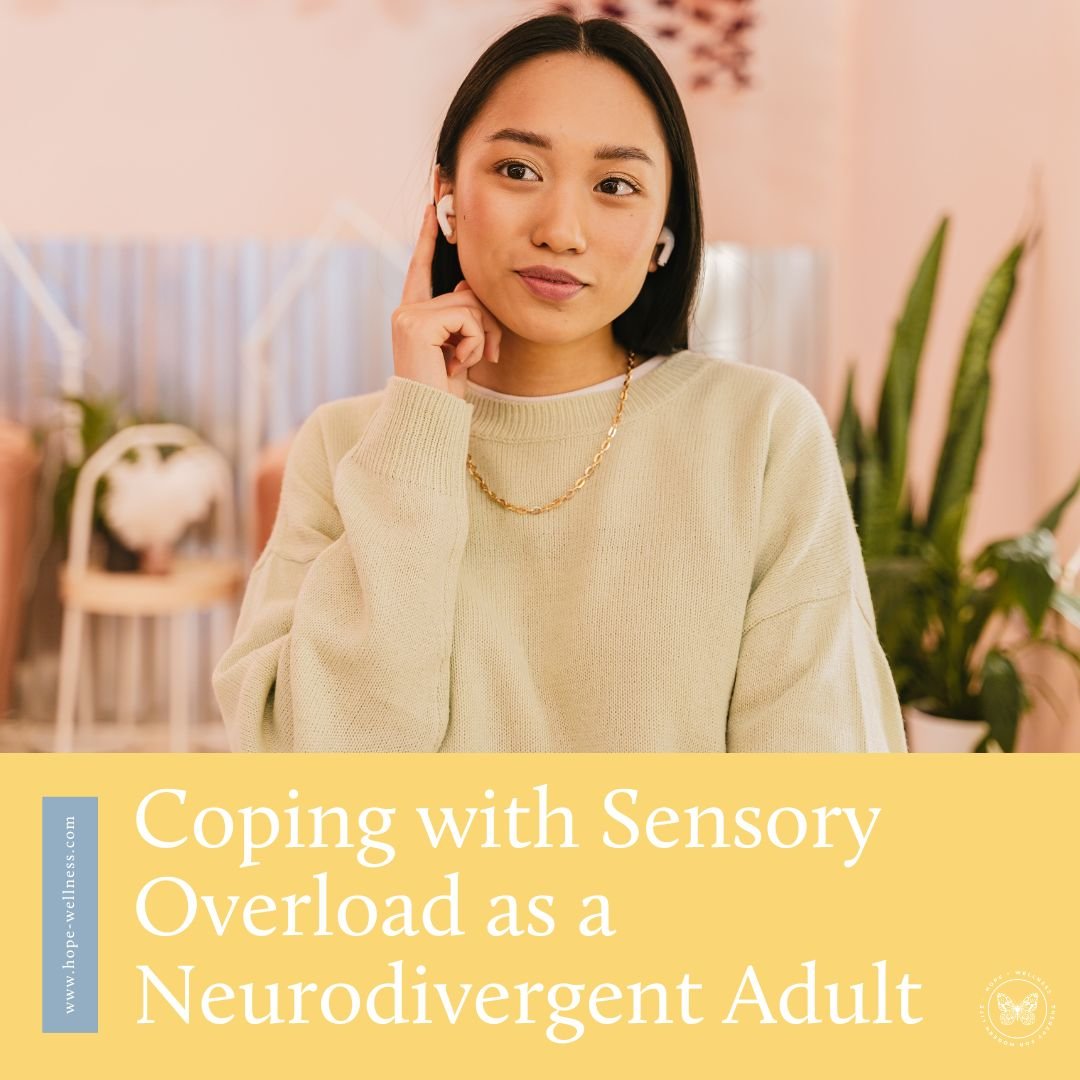5 Things to Know if Your Teen is Dealing with Depression
It can be scary and overwhelming to learn that your teen is depressed. You want to support your child, but don’t quite know how. You watch them struggle to get up in the morning in order to make it on time to school. They aren’t getting much sleep and don’t seem to find much enjoyment in things anymore. You worry about their grades and how this will impact college admissions. Nothing you’ve tried seems to help. When they were younger, you were able to swoop in and help. But now that they are older, they don’t seem interested in it.
One of the first things to know is that you’re not alone. Many other parents are worried and experiencing similar struggles with their teen. The second thing to know is that depression is treatable and there are things that parents can do to best support their child. Below are 5 ways to help if your teen is dealing with depression.
Be Supportive
Listen to your teen. Let them know you are there for them to listen and support them. Try to understand things from their perspective. Empathize and try to validate their feelings without supporting any unhealthy behavior. For example, you could say, “it sounds like you’ve been feeling really low, and I know it must be difficult to get through each day. How can I support you?”
It may feel challenging to support your teen when you feel frustrated and afraid for the way their depression has been affecting them. However, your support is invaluable. Try not to be judgmental or critical, but to remain calm and compassionate.
2. Avoid Trying to Control or Fix Their Problems for Them
It may feel passive to listen and support. As a parent, you can see what they need to do and all you may want to do is problem solve and resolve their issues for them. It is natural to feel this way. However, increasing your control over their behavior and problem solving for them can come across as judgmental, controlling, or invalidating. Your teen will need to learn how to manage their feelings and problem solve on their own. Your guidance, relationship, and support are essential during this time.
3. Encourage Positive Behaviors and Coping
Depression can result from a lack of positive experience in the environment. With the pressures of high school and college admissions, this can particularly be the case. Try to notice when your teen is engaging in healthy, positive behaviors such as spending time with friends, or going on a walk to relax and unwind. Spend quality time with them and encourage them to engage in activities that will improve their activity and functioning, such as taking a run, walking the dog, spending time with friends, engaging in a hobby. Encourage these opportunities without criticism or judgment. It’s understandable that your teen may be doing less of these activities, as that is a sign of depression. Gently let them know you understand, validating their feelings, while encouraging them to continue engaging in life’s activities.
4. Learn about depression
Try to learn more about the signs and symptoms of depression. Speak with other parents and connect with resources available to you. This can help with understanding how best to support your teen, particularly if you have not experienced depression yourself. Some helpful resources include:
Child Mind Institute - Childhood and Teen Depression
Parent’s Guide to Teen Depression
5. Get Your Teen Treatment
Therapy can be a great source of support and treatment for depression. In therapy, your teen will have a safe place where they can work through their feelings and learn skills that have been found helpful and effective in managing depression. Many studies in particular, have found cognitive behavioral therapy (CBT) and dialectical behavior therapy (DBT) for the treatment of depression.
Your teen may or may not be interested in therapy. This is normal. Try to involve them in your search for a therapist. Have them look through websites and meet with different therapists to get a sense of fit and connection. While the therapist will meet with teens for one on one sessions, its also important you feel comfortable with the therapist and will be able have time meeting one on one with the therapist as a parent for guidance on how best to support your child.
Overall, it can be overwhelming when your teen begins to experience symptoms of depression, but know that much can be done to help support them.
therapist in mclean, tysons corner, merrifield, falls church, arlington and vienna
Victoria Chialy Smith, PhD is a licensed clinical psychologist serving the Falls Church, McLean, Great Falls, Vienna, Arlington, Alexandria, and the greater Washington DC region. She provides individual therapy to children, teens, and adults with stress, anxiety, and depression. Our practice provides Cognitive Behavioral Therapy (CBT), mindfulness and acceptance based therapies, and other top, premier evidence-based treatments. Call, email, or schedule an appointment with us online today. We’re happy to help!










ADHD is a common neurodevelopmental condition that might affect you or someone you know. For some tips on attention strategies and to gain a better understanding of ADHD in general, we encourage you to check out this blog post :)